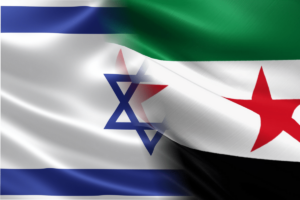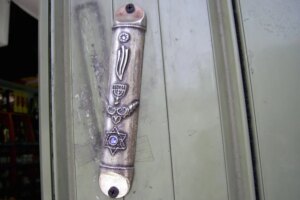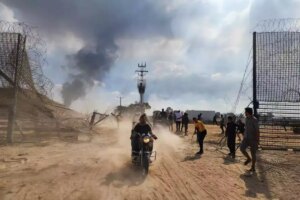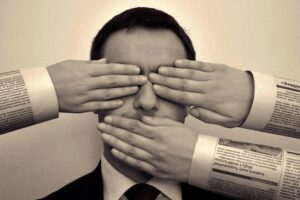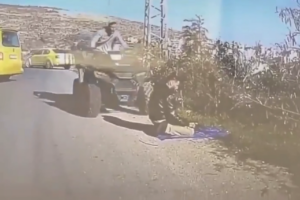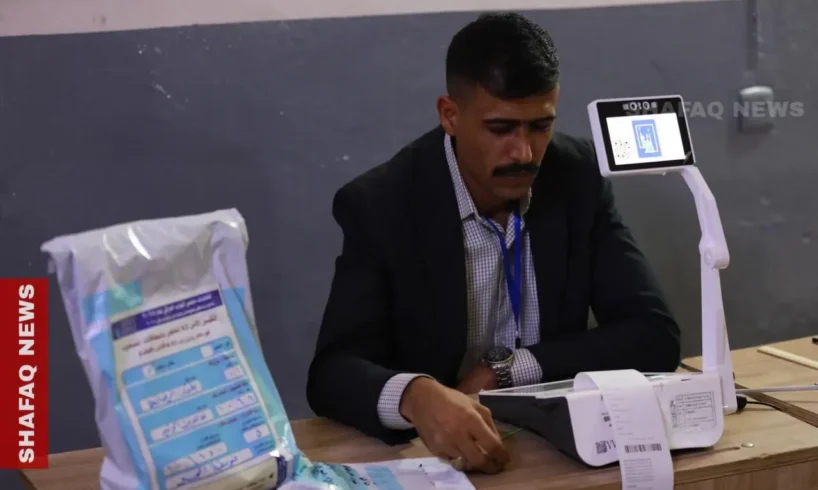
2025-11-10T08:32:40+00:00
font
Enable Reading Mode
A-
A
A+
Shafaq News
Kirkuk — a microcosm of Iraq’s diversity and divisions — is once again at the heart of national attention as the country heads toward parliamentary elections on November 11. For nearly two decades, the oil-rich province in north-central Iraq has embodied the challenge of governing a nation where ethnicity, history, and power converge.
Home to Kurds, Arabs, Turkmen, and smaller minorities, Kirkuk will field 252 candidates, including 73 women, competing for 13 parliamentary seats — among them one quota seat for the Christian community and three reserved for women.
According to the Independent High Electoral Commission (IHEC), 958,141 are registered in Kirkuk for the general vote, while 56,000 members of the security forces took part in Sunday’s special vote. The province will operate 333 polling centers with 1,733 stations, supported by 15 press centers to facilitate local and international coverage.
Read more: Iraq’s 2025 poll: +21M voters, new law, fading monitors, and fierce bloc rivalries
Ali Abbas al-Bayati, an IHEC media official, told Shafaq News that the Commission has completed all technical and logistical tests, including electronic simulations for voting and counting, to ensure accuracy and transparency. Security agencies have also held multiple joint drills to safeguard polling stations.
Every Iraqi election has turned Kirkuk into a political barometer. Since 2005, its vote has reflected the balance between Baghdad’s authority and its promise of federal inclusion. From the Kurdish push for autonomy to the post-ISIS recovery, from demographic disputes to the 2017 federal reassertion, Kirkuk has mirrored Iraq’s broader struggles over legitimacy and coexistence.
The 2021 elections produced a delicate balance: Kurdish parties won six seats, Arab alliances four, and Turkmen factions two. That fragile division remains central to the 2025 race, as each component seeks to preserve or expand its share.
The Patriotic Union of Kurdistan (PUK) enters the vote as the province’s most entrenched Kurdish force, backing incumbent governor and politburo member Rebwar Taha. The Kurdistan Democratic Party (KDP), returning after a period of political absence, is fielding candidates such as Mohammed Khorsheed and Ali Mahdi, running on a message of “restoring administrative balance for the Kurdish component.”
Among Arab forces, the Taqaddum Alliance, led by Mohammed Al-Halbousi, is relying on strong tribal networks in Hawija and al-Abbasi, while the Al-Azm Alliance, under Muthanna al-Samarrai, is competing in Riyadh and Dibis through candidates like Saddam al-Nuaymi and Sahira al-Gharb.
The Turkmen community is represented mainly by the Iraqi Turkmen Front, led by Arshad al-Salihi, and the Turkmen Rescue List (Inqaz al-Turkmen) under Gharib Askar. Despite internal divisions, the Turkmen Front remains favored to retain its primary seat, with a solid base in the Tisin and Shoraw neighborhoods.
Preliminary assessments suggest a tight race, with early projections estimating 5–6 seats for Kurdish parties, 3–4 for Arab blocs, 1–2 for Turkmen lists, and up to one for minorities or independents.
Yet beyond numbers, Kirkuk’s elections test whether Iraq’s federal institutions can manage diversity through trust rather than rivalry. Since Baghdad reasserted control in 2017, the province has been administered under a fragile arrangement that satisfies none of its communities completely.
Read more: Kirkuk’s ballot test: Two decades of unresolved promises
If the vote proceeds smoothly, Kirkuk could emerge as a rare example of functional pluralism — a province that channels its disputes through ballots instead of barricades. But if mistrust prevails, it will reaffirm a familiar reality: that in Kirkuk, coexistence remains a negotiation, renewed every four years at the ballot box.
